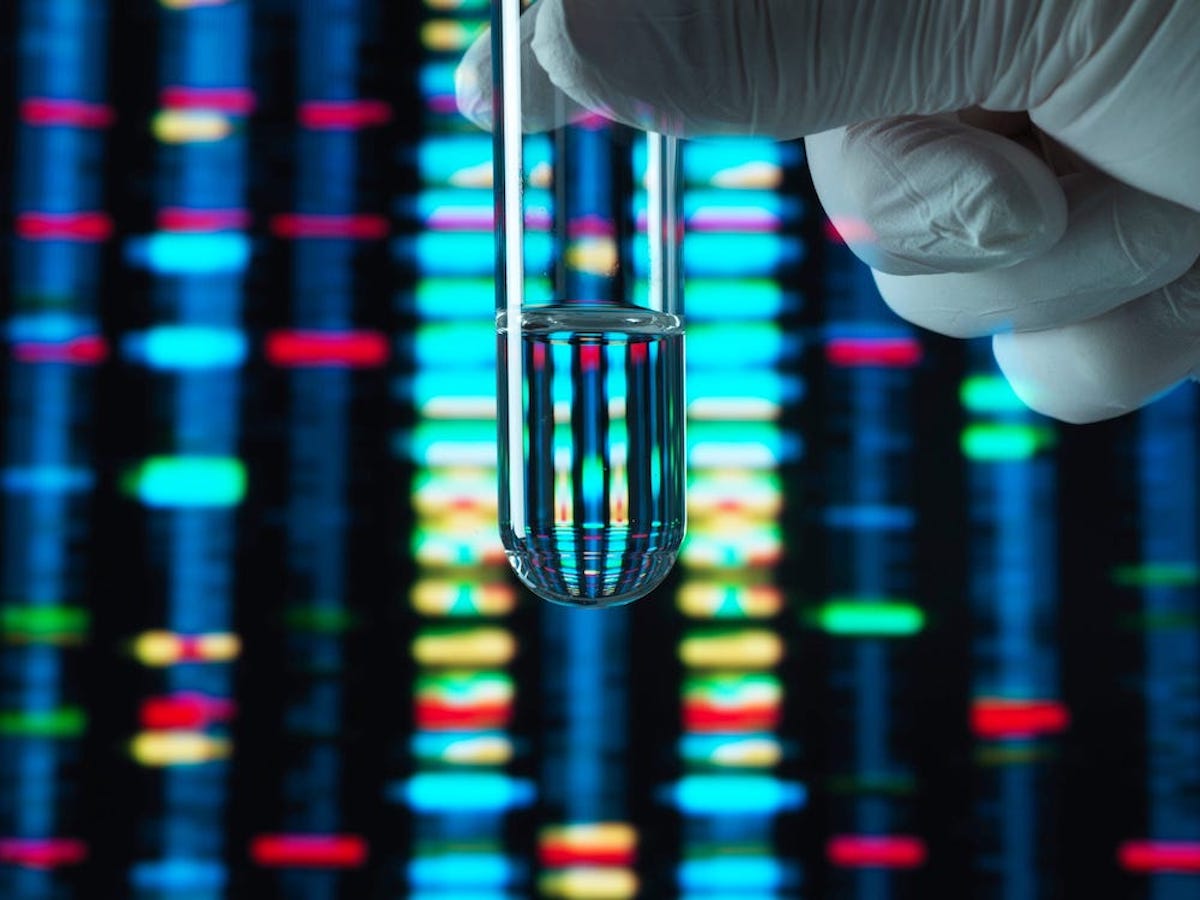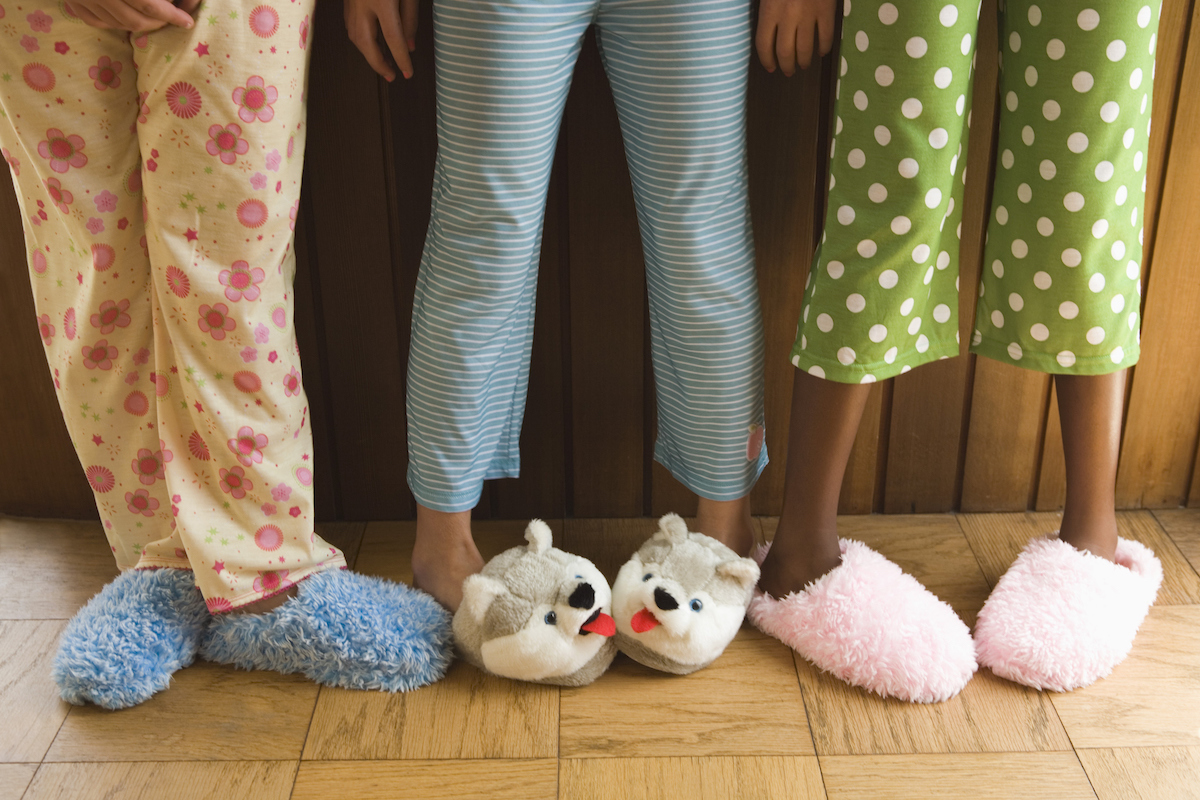A colleague was just telling me her family doctor gave her a really intense warning against using lavender (including lavender-scented soaps etc.) with her young daughter. Something about it being a factor in inducing early puberty? Apparently the doctor said there are studies that back this, it’s something that should be out there, lavender baby products should be banned, etc. This sounds very alarmist to me, but I’m also in the camp that acknowledges that some herbs do in fact have significant effects, so definitely I’d love to know more.
—Toronto Mom
The short answer here: there is nothing good in the data behind this. But the longer answer is a fun jump down the rabbit hole, so let’s do it.
We can start with a 2007 paper in the New England Journal of Medicine that discussed three cases of early breast development in boys (this is a condition called gynecomastia). In all three cases, lavender or tea tree oil was in certain products they used (a balm, a styling gel, shampoo). The authors also treated human breast cells with lavender and tea tree oil and found the oils had some estrogen-related properties.
This paper introduces the basic concern: that use of these products will lead to premature breast development in boys or girls.
It is difficult to learn anything from a paper like this. There are no controls, and so many people use products with lavender, it’s virtually impossible to claim that it is at fault. In one case, the twin brother of one child used the same products without the effect. A later paper produced three additional cases in which boys used lavender cologne and had early breast development. Again: with such a widely used product, it’s incredibly challenging to somehow claim that these cases are linked.
A 2020 review paper discusses the total sum of the evidence here, which consists of 11 case reports, only four of them in girls, that argue for a possible link between early breast development in particular and lavender or tea tree oil. The paper argues, essentially, that there is no strong evidence provided by these papers. In some cases, it’s not entirely clear if the child was even exposed to lavender products. As the authors say, “Because most cases of prepubertal gynecomastia and premature thelarche [the onset of adult breast development] are considered to be idiopathic and resolve spontaneously, the potential that these outcomes are unrelated to the exposure is significant.” In other words: there is just not anything like enough evidence here to conclude that these oils do anything to promote early breast development.
A final note: There is one paper that looks at this issue in rats. The authors find that daily lavender oil nasal sprays decrease the time to puberty onset in female rats, though environmental exposure doesn’t. It is difficult to know how to link rat studies to humans in general, but maybe do not use lavender oil as a nasal spray, just to be on the safe side.
Community Guidelines

















Log in